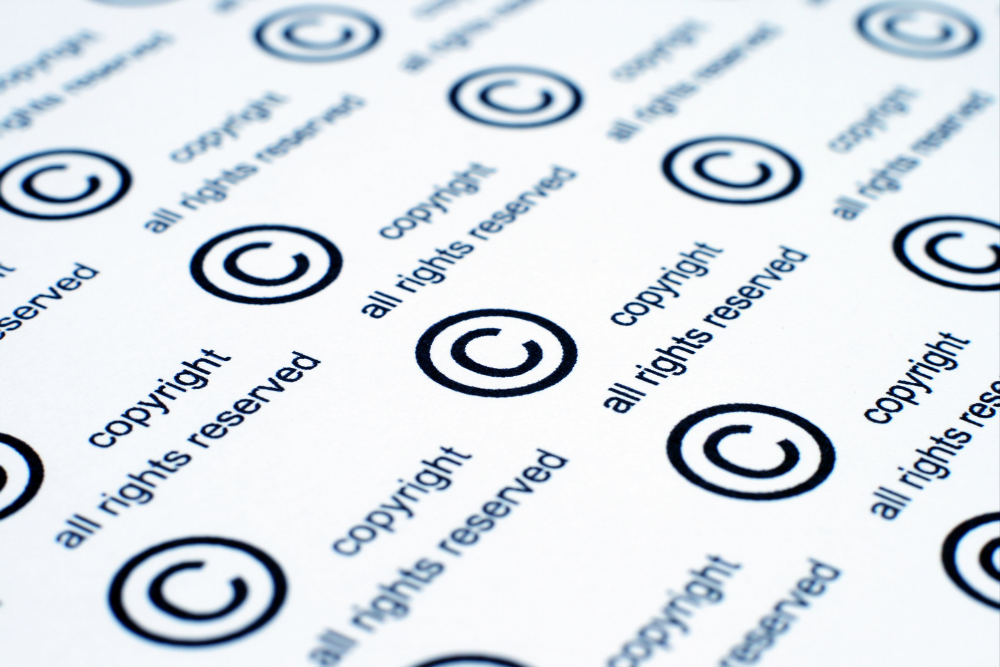Happy Birthday to the U.S. Copyright Office!
In 1870, all copyright functions were placed within the Library of Congress. Since that time, the U.S. Copyright Office has grown quite a bit in both size and function, and I thought a little history lesson might help in understanding how far we have come in the world of copyrights.
Copyright History in the United States
The authors of the U.S. Constitution included copyright protections in Article I, Section 8:
“The Congress shall have Power To . . . promote the Progress of Science and useful Arts, by securing for limited Times to Authors and Inventors the exclusive Right to their respective Writings and Discoveries…”
The first Copyright Act occurred in 1790 and extended copyright protections to “maps, charts and books.” From 1790 to 1896, the U.S District Courts handled the administration of copyright registrations. Over time, the federal courts decided many cases that have laid out the boundaries for what is and is not protected under the Copyright Act.
The Copyright Act of 1865 extended copyright protections to photographs, and the U.S. Supreme Court determined that photographs were original works of art that were protected under the Constitution in the case of Burrow-Giles Lithographic Co. v. Sarony, 111 U.S. 534 (1884). Other federal court cases have extended copyright protections to advertisements (See Bleistein v. Donaldson Lithographing Co., 188 U.S. 239 (1903)) and even sculptured lamps (in the case of Mazer v. Stein, 347 U.S. 201 (1954))!
Naturally, the framers of the U.S. Constitution never dreamed of things like radio, records, cable television, photocopying, video recorders, software applications, and now artificial intelligence. Each of these developments has brought new challenges to the U.S. Copyright Office and the federal courts in determining what is protected.
Initially, the U.S. Copyright Office only managed copyright registrations — which primarily involved books. Currently, however, it is responsible for administering all aspects of the 1976 Copyright Act and the 1998 Digital Millennium Copyright Act. These include copyright registrations for everything from software code to choreographed dances, recordation of title and licenses, and collection of royalty payments from compulsory and statutory licenses. Plus, they advise Congress on international copyright matters.
As you can see, the history and evolving roles of the U.S. Copyright Office and the Library of Congress are fascinating. If you are interested in learning more, go to www.copyright.gov for the U.S. Copyright Office website and to www.loc.gov for the Library of Congress. There is a wealth of information on both of these websites that everyone can explore.
